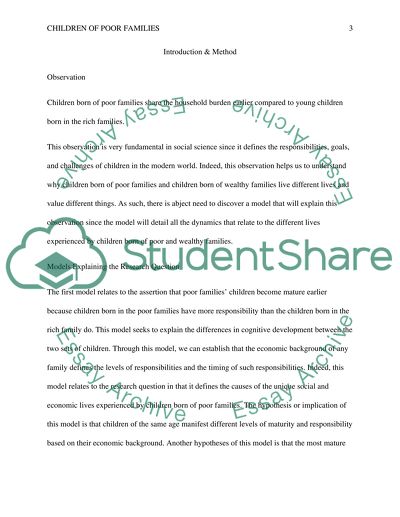Cite this document
(“The Children of Poor Families Shares the Household Burden Research Paper”, n.d.)
Retrieved from https://studentshare.org/sociology/1649035-social-science-research-paper
Retrieved from https://studentshare.org/sociology/1649035-social-science-research-paper
(The Children of Poor Families Shares the Household Burden Research Paper)
https://studentshare.org/sociology/1649035-social-science-research-paper.
https://studentshare.org/sociology/1649035-social-science-research-paper.
“The Children of Poor Families Shares the Household Burden Research Paper”, n.d. https://studentshare.org/sociology/1649035-social-science-research-paper.


